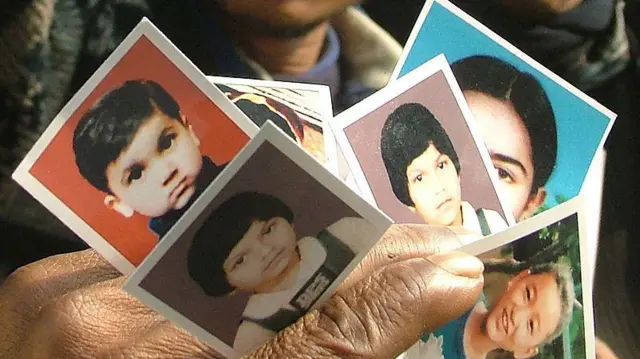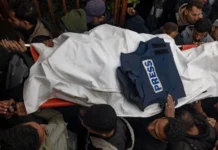Nearly two decades after the discovery of 19 bodies of women and children near a bungalow dubbed India’s “house of horrors,” the Supreme Court has acquitted the last convicted man, Surinder Koli. The ruling, which follows the 2023 acquittal of his employer, Moninder Singh Pandher, has slammed shut the legal door on one of India’s most gruesome serial murder cases, leaving grieving families with no answers and a shattered faith in justice.
The case, which began in 2006 in the Delhi suburb of Noida, exposed deep social fault lines. The victims were predominantly poor children from the Nithari slum, whose disappearances were repeatedly ignored by police who dismissed concerns with claims the girls had “eloped.” The accused were a wealthy businessman and his servant. The Supreme Court’s acquittal hinged on a “fatally flawed” investigation, ruling that Koli’s graphic confession—which included admissions of cannibalism and necrophilia—was coerced and that police had “opted for the easy course by implicating a poor servant.”
A Hollow Victory and Enduring Grief
For the victims’ families, the acquittals are a devastating blow that has reopened old wounds. “If they are innocent, then who killed our children?” asks Sunita Kanaujia, whose 10-year-old daughter Jyoti was among the victims. Her husband, Jhabbu Lal, who helped unearth the bodies in 2006, burned his case files in despair. “I’m an old man, I’m a broken man,” he said.
Pappu Lal, who lost his eight-year-old daughter Rachna, embodies the lingering fight for accountability. He points to the now-derelict bungalow and the stinking sewer where remains were found, vowing to file a fresh complaint. “Our fight now is with the government… Aren’t our children India’s children?” he asks.
A System on Trial
The court’s judgment was a scathing indictment of the investigative process. It noted that Koli had been convicted largely on his disputed confession, recorded after 60 days in custody with a police investigator present. The court also revealed that authorities failed to pursue critical leads, including a potential organ-trade angle flagged by a government committee.
The acquittals have sparked a profound crisis of confidence. “How can anyone have faith in the criminal justice system any more?” asks Aruna Arora, a former local official who had alerted authorities to the disappearances. Lawyers for the families acknowledge that appealing the Supreme Court’s verdict is nearly impossible, and a reinvestigation after 18 years is unlikely to find new evidence.
The case concludes not with justice, but with a haunting, unanswered question, leaving the families of Nithari with only their grief and the bitter knowledge that the true perpetrators may never be known.
By James Kisoo



















